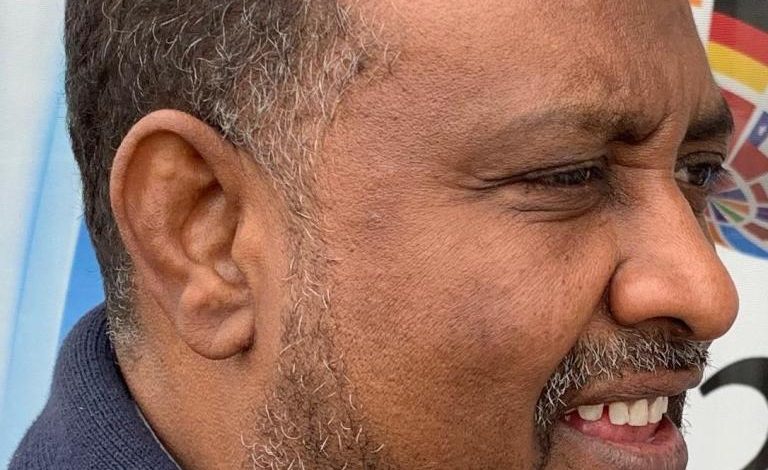The Betrayal of the Elite: Incitement and Division in a Time of National Need

By Abdelaziz Yaqoub
At a pivotal moment in history when Sudan urgently needs to heal its wounds and lay the foundation for a unifying national project, certain elites have taken center stage with a reckless and inflammatory discourse—one that draws its legitimacy not from reason or the public good, but from personal narrow-mindedness, repressed resentment, and inherited envy. These are not elites heralding a new era, but rather troubled figures who thrive on division and hatred, feeding off the collapse of the nation and the fragmentation of its people.
Sudanese thinker Mansour Khalid recognized this affliction early on and exposed it unrelentingly in his renowned book “The Sudanese Elite and the Addiction to Failure.” He described the post-independence elite as plagued by an inability to manage diversity, a tendency to demonize all dissent, and a chronic submission to collective self-delusions that prioritize tribal or partisan loyalty over national belonging. Khalid believed Sudan was squandered by those who claimed to represent it, while in truth, they were captives of envy and slaves to factional interests.
Today, we witness the manifestations of this historical failure in modern faces. In a televised interview on Al Jazeera with the distinguished journalist Ahmed Taha, Dr. Al-Waleed Madibo—a scholar who is expected to exercise balance and discernment—described Sudan’s new Prime Minister, Dr. Kamal Idris, as an “Awouga” (a derogatory term for someone mentally deficient), in a vulgar expression that reveals a classist and intellectual contempt unworthy of any serious national dialogue. This label is not a critical opinion, but a personal insult—a disgrace stemming from deep-seated failure and an inability to contribute meaningfully to a national project.
Worse than the personal insult is Madibo’s open alignment with the Rapid Support Forces militia, which international human rights reports have implicated in acts of genocide, mass rape, and the systematic destruction of villages in Darfur and entire neighborhoods in Khartoum—all with foreign backing. His support was not based on a coherent vision, but on crude tribal affiliation, unaffected by his Western education or academic credentials. This brings us once again to Khalid’s insight: “The problem with the elite is not ignorance, but their inability to transcend primitive loyalties.”
Alongside Madibo, we find Abdelrahman Amsib, the proponent of the “Sea and River” theory—a racist concept that suggests a dangerous regional divide, pitting the people of the north and center against those from the west and east. His rhetoric is not a product of intellectual endeavor but an extension of an intelligence-driven agenda aiming to divide and weaken Sudan. It reflects a mindset that sees the nation only as a mirror of the tribe, and identity as a function of bloodline. This discourse is fundamentally no different from the divisive logic that tore apart Uganda, Congo, and Nigeria—where regionalism led to bloody civil wars.
The elite voices represented by these figures are not a recent phenomenon. They are heirs of the post-1956 project which, despite its failure to build a just state, provided families like the Madibos with opportunities for education, positions, and status. Yet ironically, Madibo now turns against the very state that elevated him—not because it failed to include him, but because he failed to ascend to its highest ranks. In a tragic turn, he chooses to burn the bridge instead of extending it to others.
What we are witnessing today is the inevitable result of years of political failure, covert incitement, and retreat into pre-state identities. These are elites whose awareness has aged, whose morals have decayed, and who can no longer contribute to a unifying project. They compensate for their failures by accusing others of treason, insulting state figures, and calling for further fragmentation and division.
What Sudan needs today is not a regurgitation of this defeated rhetoric, but a national revival—an elite that believes in the nation, not the tribe; in justice, not vengeance; in inclusion, not exclusion. An elite that restores faith in the idea of a unified state that protects the dignity of all without racism or chauvinism. As for those who have chosen to align themselves with militias and promote hatred, their moral downfall precedes any political accountability.
Perhaps the first step toward recovery is to recognize that this country can no longer endure betrayal in the name of freedom, nor fragmentation in the name of marginalization, nor racism in the name of justice. History is unforgiving, memory is indelible, and Sudan deserves better than what they have offered.



